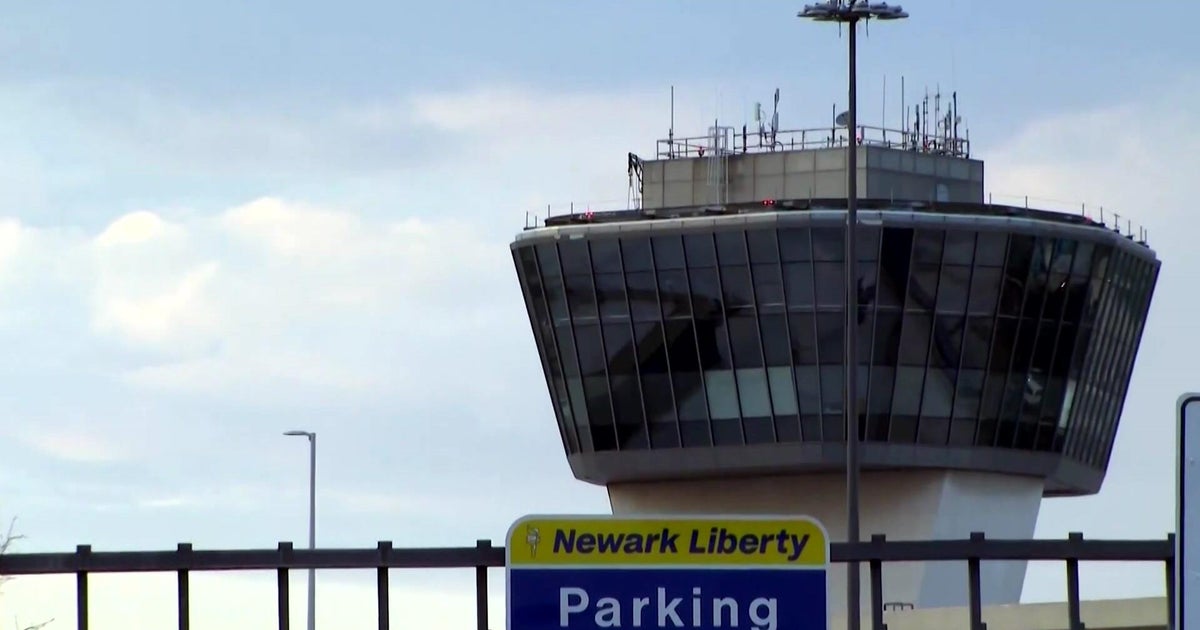Newark Airport Delays: Controller Trauma Leave Impact
Newark Liberty International Airport (EWR) has been experiencing significant flight delays in recent weeks, impacting thousands of travelers. A contributing factor, according to sources close to the situation, is a shortage of air traffic controllers stemming from increased controller-reported trauma. This article delves into the reasons behind the delays, the impact on passengers, and potential solutions.
The Impact of Controller Trauma
The demanding nature of air traffic control is well-documented. Controllers face immense pressure to manage complex air traffic safely and efficiently, leading to high stress levels and potential burnout. Recent reports suggest a rise in controllers experiencing trauma, resulting in increased sick leave and reduced operational capacity at EWR and other major airports.
- Increased workload: Reduced staffing levels due to leave force remaining controllers to handle a heavier workload, increasing the risk of errors and delays.
- Mental health concerns: The cumulative effect of high-pressure situations can lead to mental health issues such as anxiety, PTSD, and depression, necessitating time off for recovery.
- Lack of resources: Some argue that there is a lack of adequate support systems and resources for air traffic controllers to address their mental health needs.
The Ripple Effect on Travelers
The consequences of controller shortages are felt directly by air travelers. Delays, cancellations, and disruptions to travel plans have become increasingly common at EWR.
- Missed connections: Delays at EWR can have a domino effect, causing missed connecting flights and further disruptions to travel itineraries.
- Increased costs: Passengers face added expenses due to hotel accommodations, meal replacements, and rebooking fees.
- Frustration and inconvenience: The stress and uncertainty caused by delays can significantly impact the overall travel experience.
Seeking Solutions: Addressing the Root Cause
Addressing the issue of flight delays at EWR requires a multi-faceted approach that tackles the root cause: the high stress and trauma experienced by air traffic controllers.
- Improved mental health support: The FAA and airport authorities need to invest in comprehensive mental health programs and resources for air traffic controllers, including access to therapy, counseling, and stress management techniques.
- Increased staffing levels: Recruiting and training new air traffic controllers is crucial to alleviate the workload on existing personnel. This requires increased funding and a focus on attracting and retaining qualified individuals.
- Technological advancements: Investing in advanced technologies that can assist air traffic controllers, such as automated systems and improved communication tools, can reduce workload and improve efficiency.
Looking Ahead: Preventing Future Disruptions
The recent delays at Newark Airport highlight the critical need for addressing the mental health and wellbeing of air traffic controllers. Failure to do so will only exacerbate the problem, leading to more frequent and severe disruptions to air travel. Collaboration between the FAA, airlines, and airport authorities is essential to implement effective solutions and prevent future travel chaos.
Call to Action: What are your thoughts on this issue? Share your experiences and opinions in the comments below. We encourage a constructive dialogue to find solutions that benefit both air traffic controllers and travelers. Have you experienced significant delays at EWR recently? Share your story!
(Note: This article is for informational purposes only. For the most up-to-date information on flight delays at Newark Airport, please consult the official airport website and your airline.)

